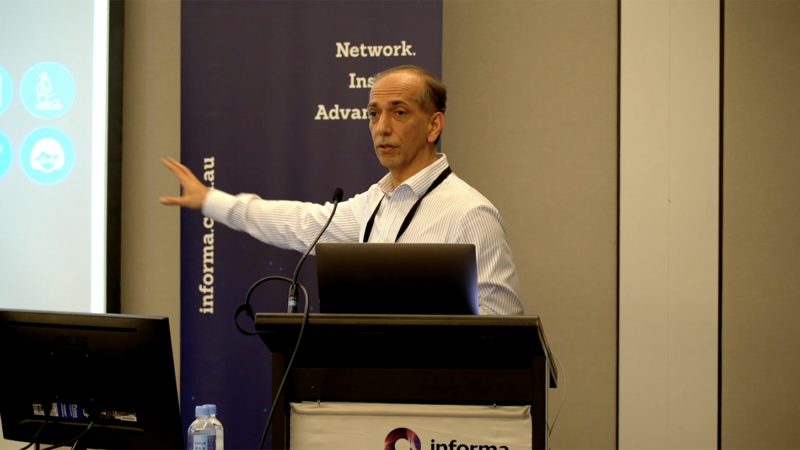People In Health Care; Dr Gaj Panagoda,
empowering underprivileged communities
Xstitch Health takes project based approach to
creating community-driven,
sustainable health outcomes
Dr Gaj Panagoda, CEO of Xstitch Health, has a diverse medical background and is working to improve health systems for underprivileged communities. In the Australian Health Journal’s People In Health Care series, he talks about the changes needed in community-based care using a project based approach,
According to Dr Panagoda, there is a need for a shift towards community-based care and collaboration with stakeholders in the healthcare system, and the potential to create a new kind of socially conscious, inspired, community-informed medical specialist is the future of medical specialty care.
Project-based job outcomes are clear, post-COVID community-based health systems are innovative, and the six pillars of Xstitch involve working with communities to identify strengths and challenges, collaborating with stakeholders, and deciding what’s needed.
Communities, including underprivileged ones, have untapped strengths that can be harnessed for their own healthcare journeys, and Xstitch Health aims to do something different by focusing on change management, policy, and governance.
“We are looking at a unique model to fund health projects based on community-defined issues and deliverables, with most interest coming from schools”, says Dr Panagoda.
He’s seen, schools in underprivileged areas that are providing services for students with particular needs, are interested in working better with health systems, to address acute issues.
Dr Panagoda believes medical specialists in Australia have untapped potential to address the wider needs of patients and can start taking action on their collective knowledge without waiting for higher positions.
Xstitch Health offers a new kind of job for doctors, combining patient care with system improvement and the opportunity to work in various locations.
Health professionals need support in their role in communities and a collaborative model for medical specialists is being developed to have a big impact across Australia.
You Might also like
-
Artificial Intelligence (AI) in clinical trials and clinical care
Australian Health Journal today continues a major episode release on Technology Aided Healthcare Delivery, with part 2 on Artificial Intelligence in trials and clinical care. Interviews were captured at AI, Machine Learning & Robotics in Health conference in October organised by Informa Australia.
-
Allied health flourishes in regional and rural Victoria
Genhealth Hamilton was established in 2015 in regional and rural Victoria. The practice offers a range of services including physiotherapy, podiatry, occupational therapy, exercise science, and group classes such as clinical reformer therapy and clinical Pilates in Hamilton, which has a population of around 10,000. The clinic also serves a wider community within 100 kilometre, reaching rural residents and local industries.
-
Improving access to osteopathic services and integrated care models
The Chief Executive Officer of Osteopathy Australia, Antony Nicholas spoke with Australian Health Journal about:
– Involvement in the Strengthening Medicare Task Force
– The unique skills osteopaths have that can address the chronic disease burden
– Current workforce issues around osteopaths and if enough are coming through via student placements
– How uploading data to My Health Record by osteopaths could assist team-based care of patients
– How the value of osteopaths in Residential Aged Care Facilities (RACFs) could be better understood and better access for residents
– The recommendations around aged care access to allied health services, including osteopathy
– The recommendations around consumer access to osteopaths and GP referrals
– Other osteopathy recommendations in the upcoming Federal BudgetIn the lead up to the Australian Federal Budget in May 2023, Australian Health Journal reached out to peak health industry bodies to hear about their priorities, either noted in pre-budget submissions lodged with Federal Government in January 2023 or in recent forums such as the Strengthening Medicare Taskforce.



